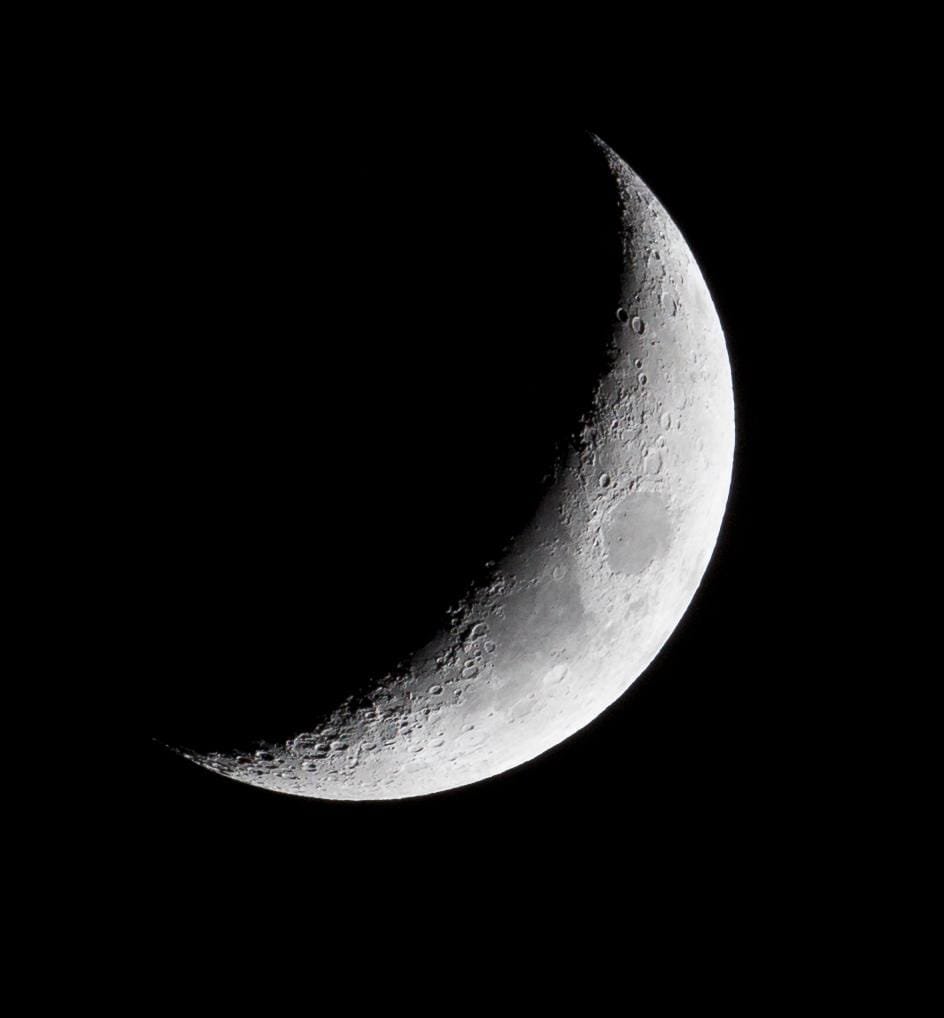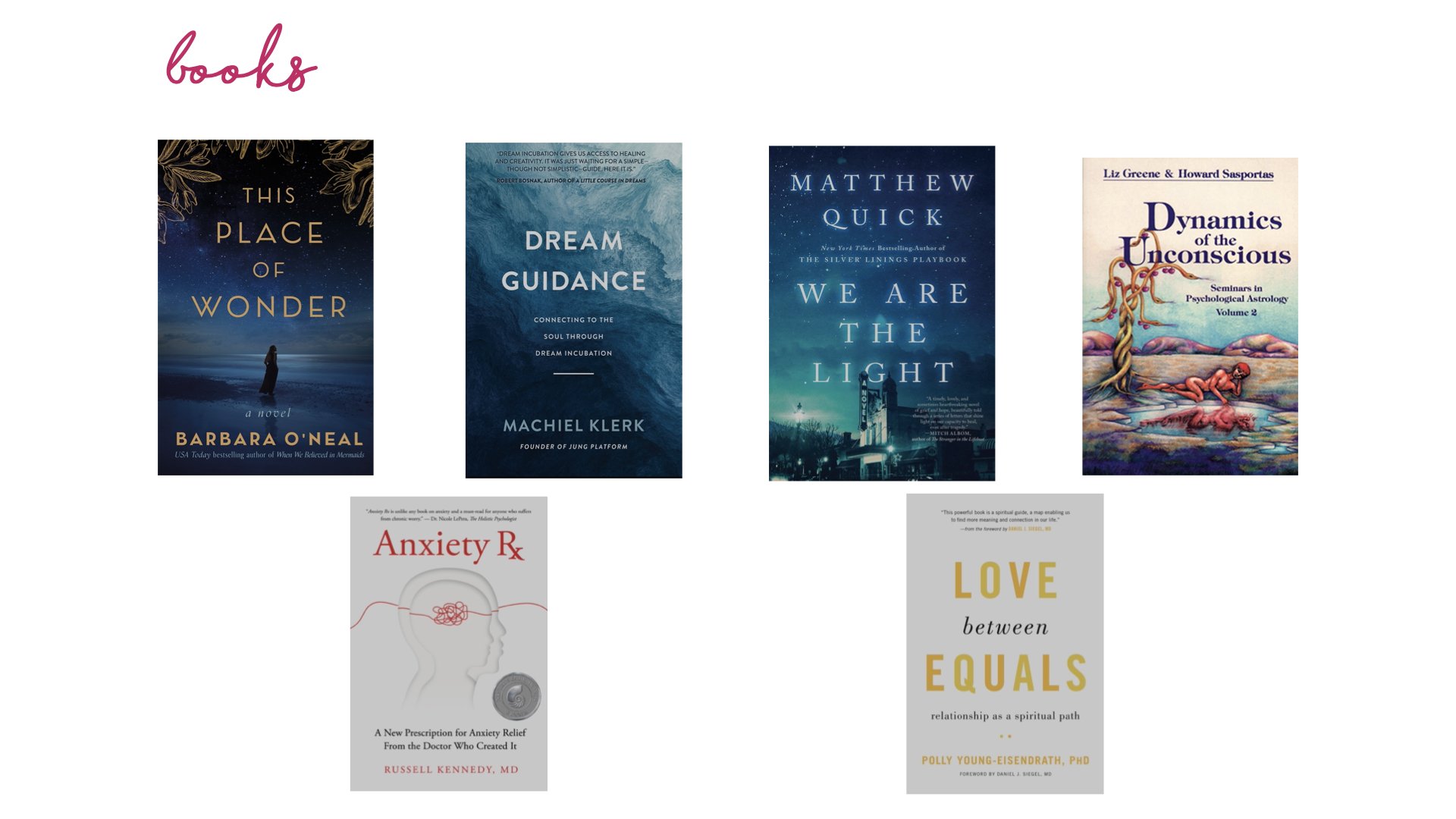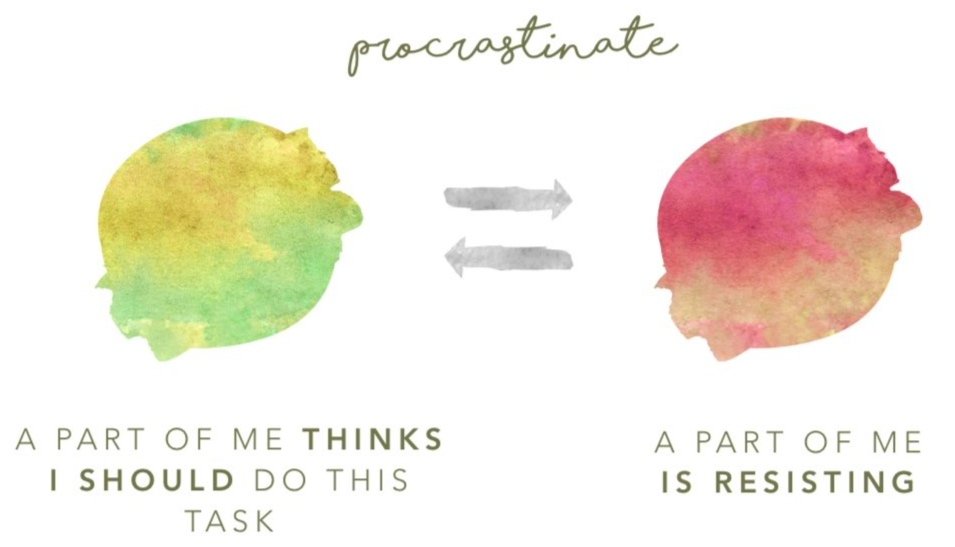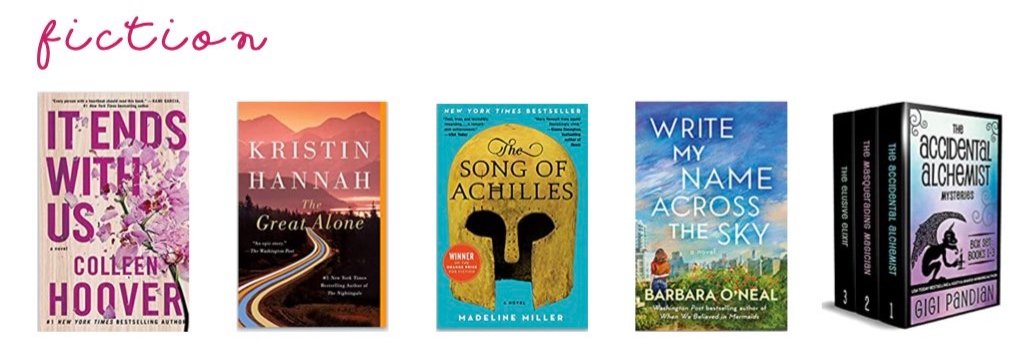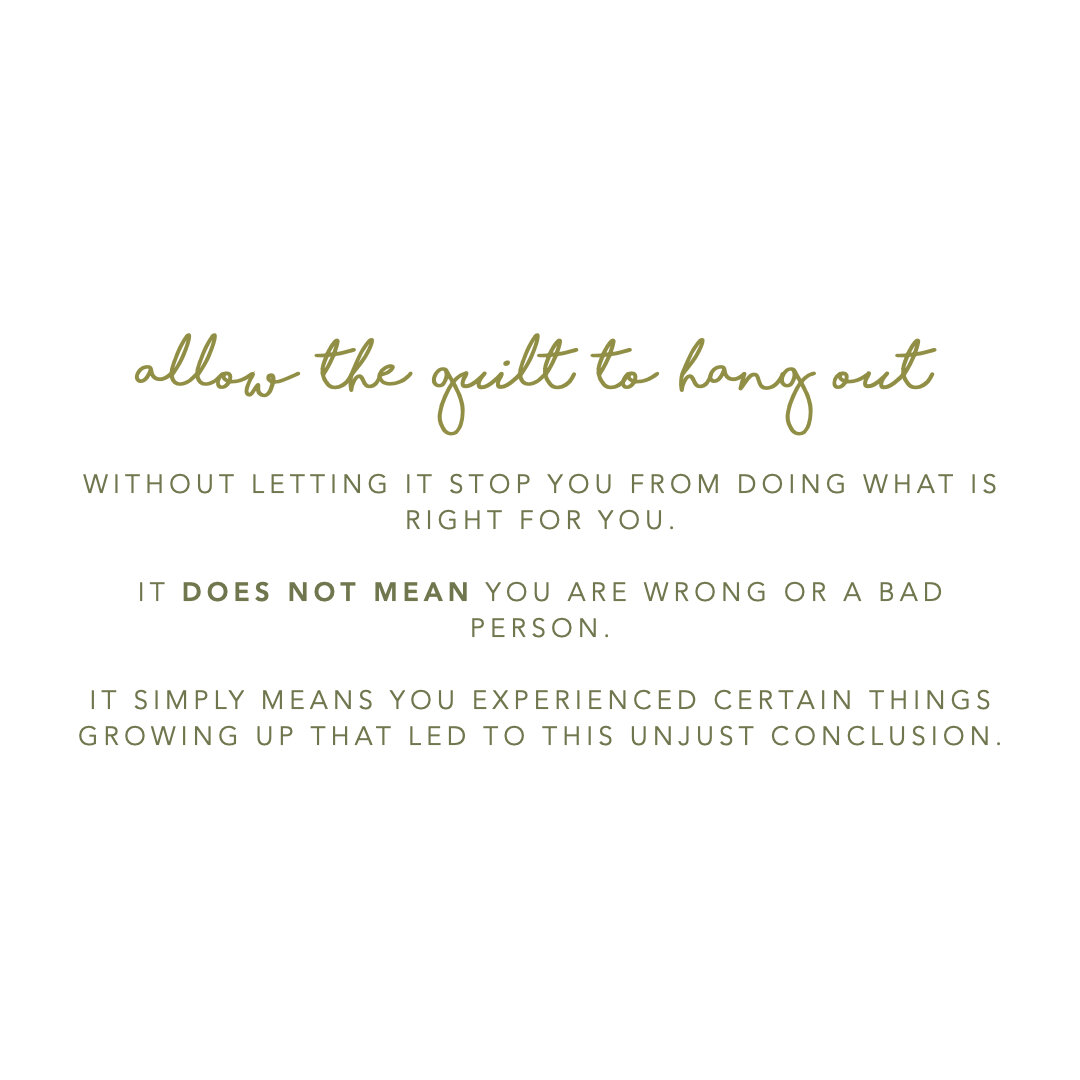In a Dark Time
“The deepest work is usually the darkest.” - Clarissa Pinkola Estés, Women Who Run With the Wolves
We are currently at the Winter Solstice, the darkest time of the year with the longest nights and the shortest days. We are at the entryway of Winter in the Northern Hemisphere.
At the Winter Solstice we celebrate the first seeds of the return of the light, of days slowly becoming slightly longer. We are at a turning point: At the darkest moment, the light starts returning.
Yet for a few days around the Solstice, the sun appears to stand still: Nothing seems to be happening. The return of the light is so subtle, that we cannot yet perceive it. This is part of a cycle, and before the return of the light, we must surrender to the stillness and the void, we must accept being in the unknown and allow the mystery of life. A sort of dying before a rebirth is possible.
We can also see this symbolically, in times of life where we feel hopeless, in despair, lost, depressed, burnt out - often called a dark night of the soul. These moments can be intensely painful when we are in them, yet we often look back and see them as a necessary dismantling that made room for something new to come to light.
I feel we are also in a dark time on a collective level, that we are at the close of a cycle, in a death phase. The systems our current world was built on are collapsing and while nobody can know for sure, I believe this dark time might be a dismantling that is necessary, even if we do not yet know what the new world will look like or if we will see it in our lifetimes.
Sometimes in life such as at this time of year, the invitation is to allow ourselves to fully surrender to the dark. This is not a simple thing to do in a society obsessed with light, with positivity and happiness, with busyness, expansion, endless growth. It isn’t a simple thing to allow the dark, to allow stillness, to let go, to make space for emotions like grief or sadness or depression and even death.
Yet I believe we can only truly embrace the light when we can also embrace the dark.
Because light and dark are inseparable: We cannot have one without the other. Light and dark dance together across many different cycles such as the lunar cycle or the seasons, each stage of the cycle holding different proportions of light and dark.
I see this interplay of light and dark as part of the cycle of life, death and rebirth, which is at the heart of everything. When we can embrace this cycle, we can allow the natural flow of life to happen. We can accept that nothing stays the same, that nothing lasts forever, that this too shall pass.
Demetra George in her book Mysteries of the Dark Moon talks about the purpose of the dark phase of any cycle as being:
“…a transition between the death of the old and the birth of the new. The dark time is a time of retreat, of healing, and of dreaming the future. The darkness is lit with the translucent quality of transformation; and during this essential and necessary period, life is prepared to be born.
The dark prefaces the light in the same way that gestation precedes birth and sleeps allows for rejuvenation. In the human psyche we experience dark periods when we feel turned inward and nothing seems to be happening. However, in retrospect we often realize that these fallow times were germinal periods preceding outbursts of creativity and growth.”
We need to trust that if we allow ourselves to descend into darkness, we will not be there forever, that something new will be born from it, even if we cannot yet see what that could be.
The invitation of the dark phase of a cycle is:
To stop. To be in the stillness. To rest. To surrender to the void. To allow ourselves to fully be in this dark phase of the cycle. To allow for there to be a letting go, a release, a death phase.
We often resist the call of the dark: We run away from it, from our emotions, from grief. We stay busy. We make plans. We try to move towards the light and the new.
Yet the invitation at this point of the cycle, either at this time of year, or at any point in your personal cycle you might be feeling this call, is to let go, to surrender, to rest, to let go of what is no longer working. We cannot yet know what the path to rebirth will look like, nor do we need to. Spring is coming, but right now we are still in Winter. We can trust the natural movement of life.
This time of year reminds us that the light is certain, even if we cannot yet see it - and that we also need to dance with the dark.
The only way to make sense out of change is to plunge into it, move with it, and join the dance. - Alan Watts.






